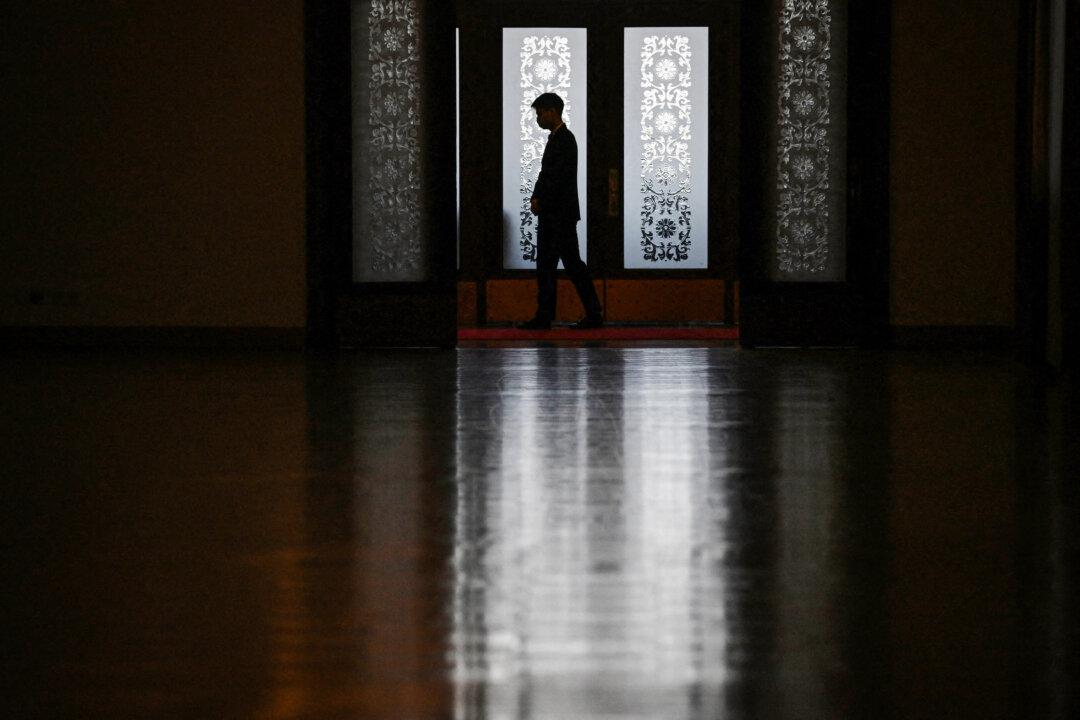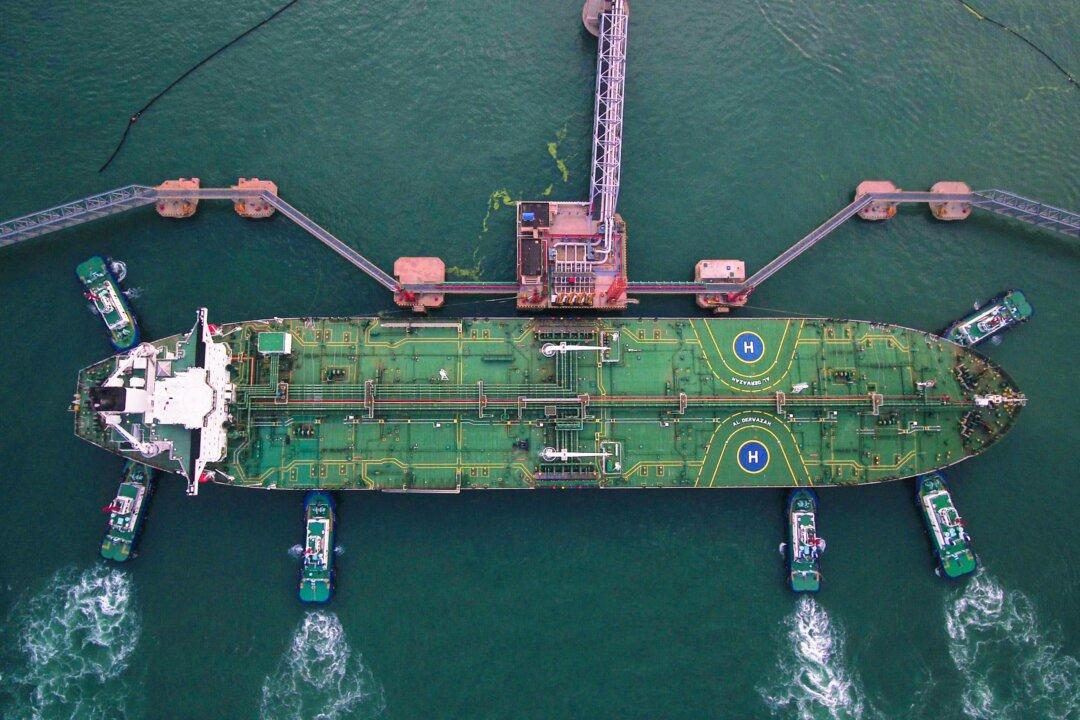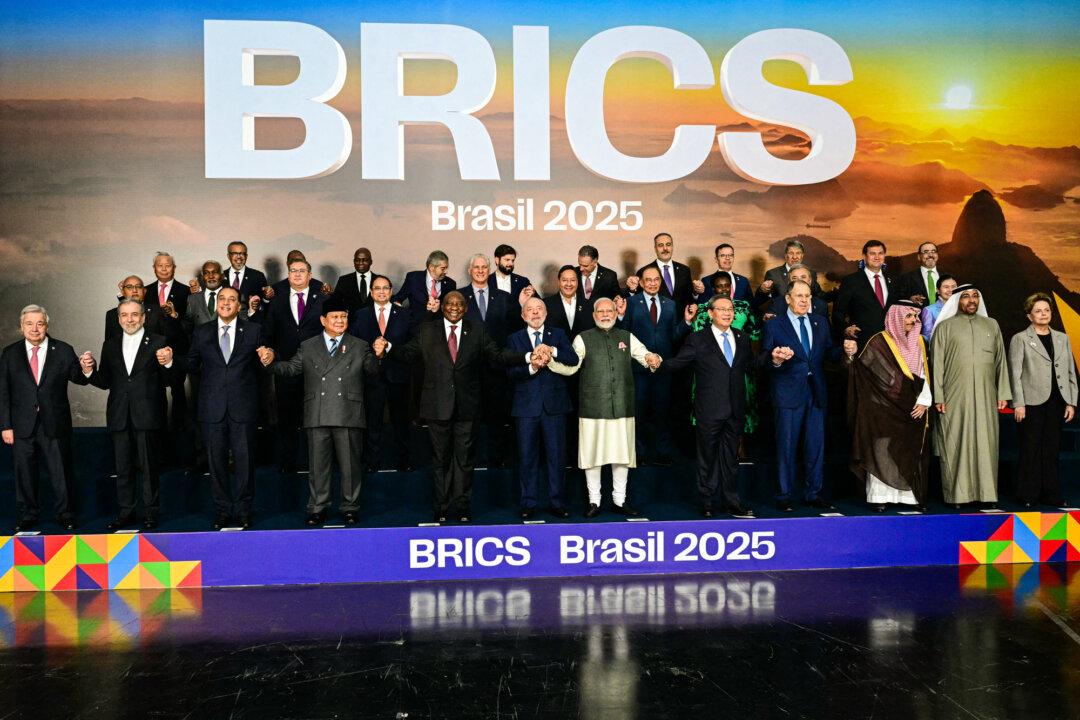Commentary
The 1982 film “The Year of Living Dangerously” tells the story of a journalist who faced intrigue and risk during the collapse of the Sukarno regime in Indonesia. Like this regime, the Chinese Communist Party (CCP) faces significant challenges to its legitimacy and the stability of Xi Jinping’s rule in 2025.





